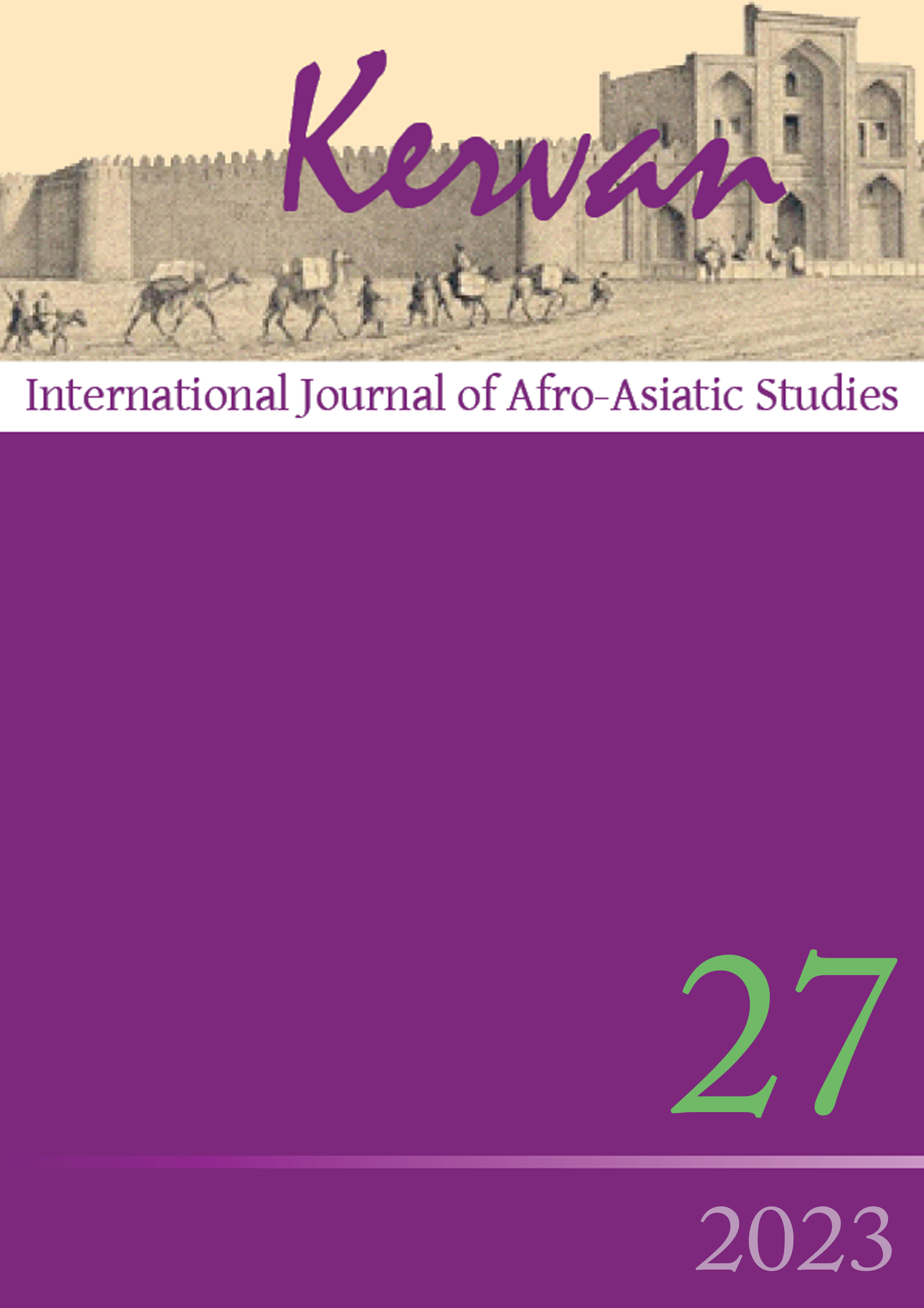The oblation abuser will have the fate of the thirsty buffalo: A brief note on Ṛgveda 10.28.10cd-11ab
DOI:
https://doi.org/10.13135/1825-263X/7726Abstract
The primary aim of this article is to provide a case study of textual hermeneutics in the context of Vedic literature. It will be shown how some interpretative pitfalls, into which contemporary translators have fallen, can be avoided if we broaden the perspective beyond the semantics of words and apply a principle of plausibility. The case study concerns the analysis of Ṛgveda 10.28, with special reference to the wildlife episodes depicted in verses 10cd-11ab. A few modern translations in Western languages of 10cd are here considered. Some of them show that a principle of plausibility has been actually taken into account by their authors while approaching the text, albeit the result does not seem always entirely satisfactory. Some other translations seem not to carefully consider the broader context, therefore failing to convincingly make sense of the original text. After an introduction on the general subject of the hymn as it emerges from verses 1-9, i.e., the Vedic sacrifice and the subsequent consumption of the sacrificial offerings, arguments and textual evidence are provided in order to show how the reading of 10cd acquires a cogent and very plausible meaning if regarded in light of verse 11ab.
Downloads
Downloads
Published
Issue
Section
License
Gli autori che pubblicano su Kervan accettano le seguenti condizioni:
- Gli autori mantengono i diritti sulla loro opera e cedono alla rivista il diritto di prima pubblicazione dell'opera, contemporaneamente licenziata sotto una Licenza Creative Commons - Attribuzione che permette ad altri di condividere l'opera indicando la paternità intellettuale e la prima pubblicazione su questa rivista.
- Gli autori possono aderire ad altri accordi di licenza non esclusiva per la distribuzione della versione dell'opera pubblicata (es. depositarla in un archivio istituzionale o pubblicarla in una monografia), a patto di indicare che la prima pubblicazione è avvenuta su questa rivista.


 The articles that have appeared on Kervan since 2016 are rated as Class A in the system of National Scientific Qualification (ASN, disciplines 10/N1 and 10/N3).
The articles that have appeared on Kervan since 2016 are rated as Class A in the system of National Scientific Qualification (ASN, disciplines 10/N1 and 10/N3). The journal has been approved for inclusion in DOAJ. The DOAJ listing of the journal is available at
The journal has been approved for inclusion in DOAJ. The DOAJ listing of the journal is available at  The journal has been approved for inclusion in ERIH PLUS. The ERIH PLUS listing of the journal is available at
The journal has been approved for inclusion in ERIH PLUS. The ERIH PLUS listing of the journal is available at  Kervan was just accepted for indexing in SCOPUS. This important milestone ensures that articles published in Kervan are easily found when searching for library, archives and Information science and it enables Kervan authors to keep track of how often their article has been cited by others.
Kervan was just accepted for indexing in SCOPUS. This important milestone ensures that articles published in Kervan are easily found when searching for library, archives and Information science and it enables Kervan authors to keep track of how often their article has been cited by others.

